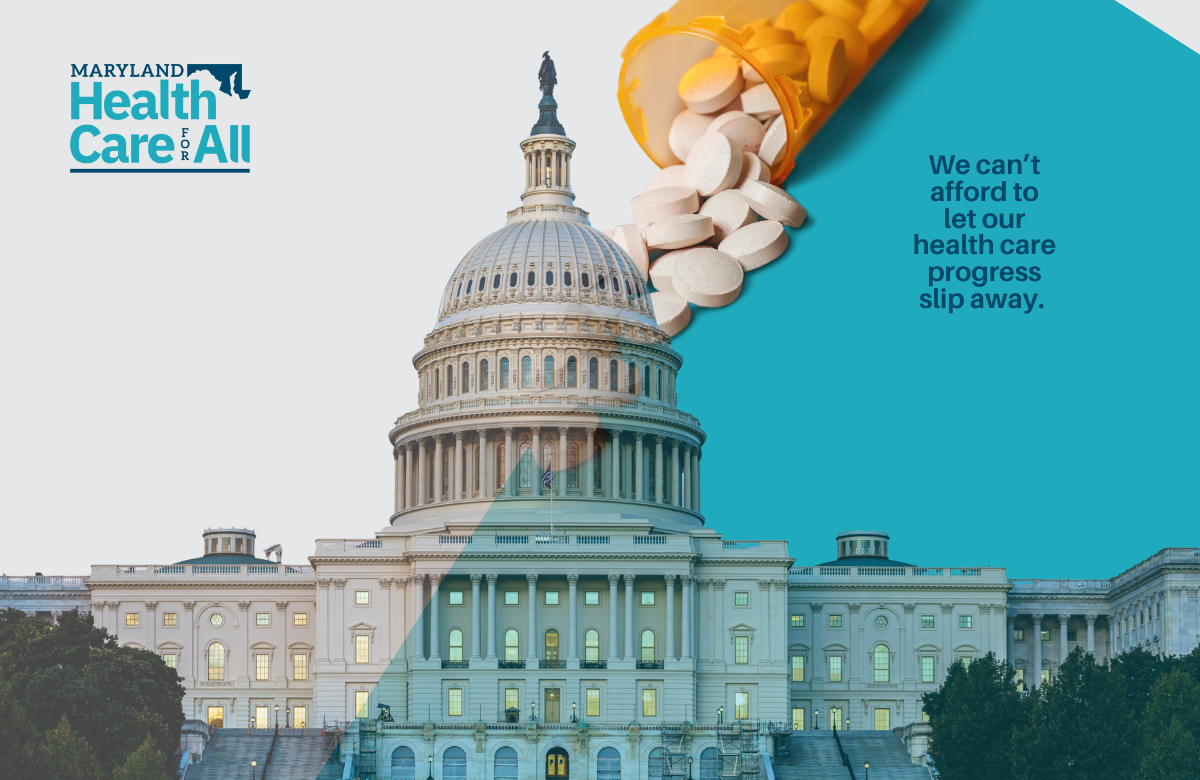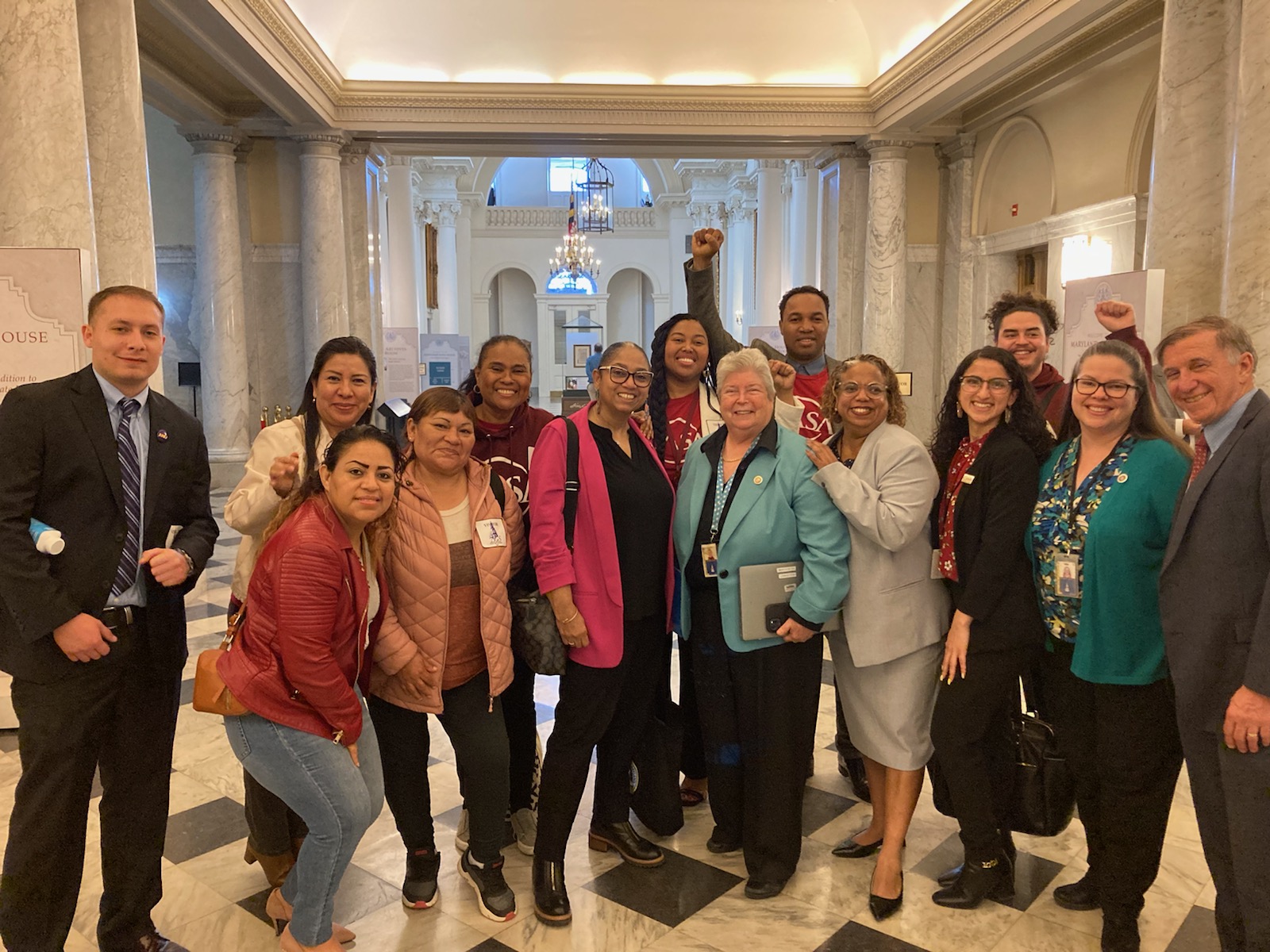Salisbury Times
By Greg Latshaw • Staff Writer •January 14, 2011
SALISBURY — Maryland lawmakers are considering a “dime a drink” alcohol tax increase, saying it will lower the gaping budget deficit and avert cases of alcohol abuse.
Seventy-five lawmakers support a plan that would put the added alcohol revenues toward health programs, according to a survey done by the Maryland Citizen’s Health Initiative, a Baltimore-based group. The state has a $1.6 million budget deficit and lawmakers are viewing the alcohol tax, along with raising the gas tax, as possible revenue boosters.
Maryland’s alcohol taxes are among the lowest in the nation. Beer and wine taxes were last raised in 1972 and spirits in 1955.
Restaurants and alcohol distributors oppose the tax hike, saying it will hurt small businesses and drive up costs for consumers.
The tax increase would raise $216 million in new revenue and decrease alcohol-related health costs by $225 million, according to a January report titled “The Potential Economic Effects of Alcohol Tax Excise Increases in Maryland” which was done by professors at the Johns Hopkins Bloomberg School of Public Health and Boston University School of Public Health.
The Citizen’s Health Initiative released a poll Wednesday that found two-thirds of the state’s likely voters favor the plan. The poll was done by OpinionWorks and interviewed 663 people statewide from Dec. 20-28. The poll specifically measures legislative District 38 — which includes Somerset, Wicomico and Worcester counties — and determined that if the money goes to health causes, 58 percent of people were for it and 37 percent against.
However, restaurant owners worry about higher costs, which arrive at a time of decreased patronage and higher food costs.
“It’s not a win-win by any means,” said Stewart Davis, the president of the Local Owners Restaurant Association, which represents Salisbury area eateries.
Terry Loughlin, the vice president and general manager of Carey Distributing in Fruitland, said costs will be passed from the distributor to the retailer, who in turn passes it onto the consumer.
“The bottom line is the consumer is going to pay more,” Loughlin said.
As a result of higher prices, Loughlin predicts a “mass exodus of people buying alcohol from across the Maryland border.”
David Jernigan, an associate professor at Johns Hopkins Bloomberg School of Public Health who co-authored the January economic report, said there is little evidence that excise taxes result in higher alcohol prices.
Virginia — when compared to Delaware, Maryland, Pennsylvania, Washington, D.C., and West Virginia — had the highest beer tax, but the third lowest retail price. Delaware had the highest liquor excise tax, but the second lowest retail price for liquor.
“The bottom line is we didn’t find a correlation,” Jernigan said.
The report found that the alcohol tax would prevent 370 violent acts and 13,301 cases of alcohol dependence or abuse. It would also decrease underage drinking and drinking in general.
“It’s basic economics. You raise the price, and the demand will go down some,” Jernigan said.
Vincent DeMarco, president of the Maryland Citizen’s Health Initiative, said Maryland has gone too long without touching the alcohol tax. The state’s spirits tax is the 47th lowest, beer is 44th and wine is 37th.
“Richard Nixon was vice president when spirits were raised, and president when beer and wine was raised,” DeMarco said.
Even so, Maryland Sen. Jim Mathias, D-38-Worcester, and Delegate Charles Otto, R-38A-Somerset, said they’d vote against the alcohol tax.
“Whether it’s a ‘sin tax’ like an alcohol tax or otherwise, it looks like something to hurt small businesses, like tavern owners and restaurants,” Otto said.
Last modified: January 14, 2011



